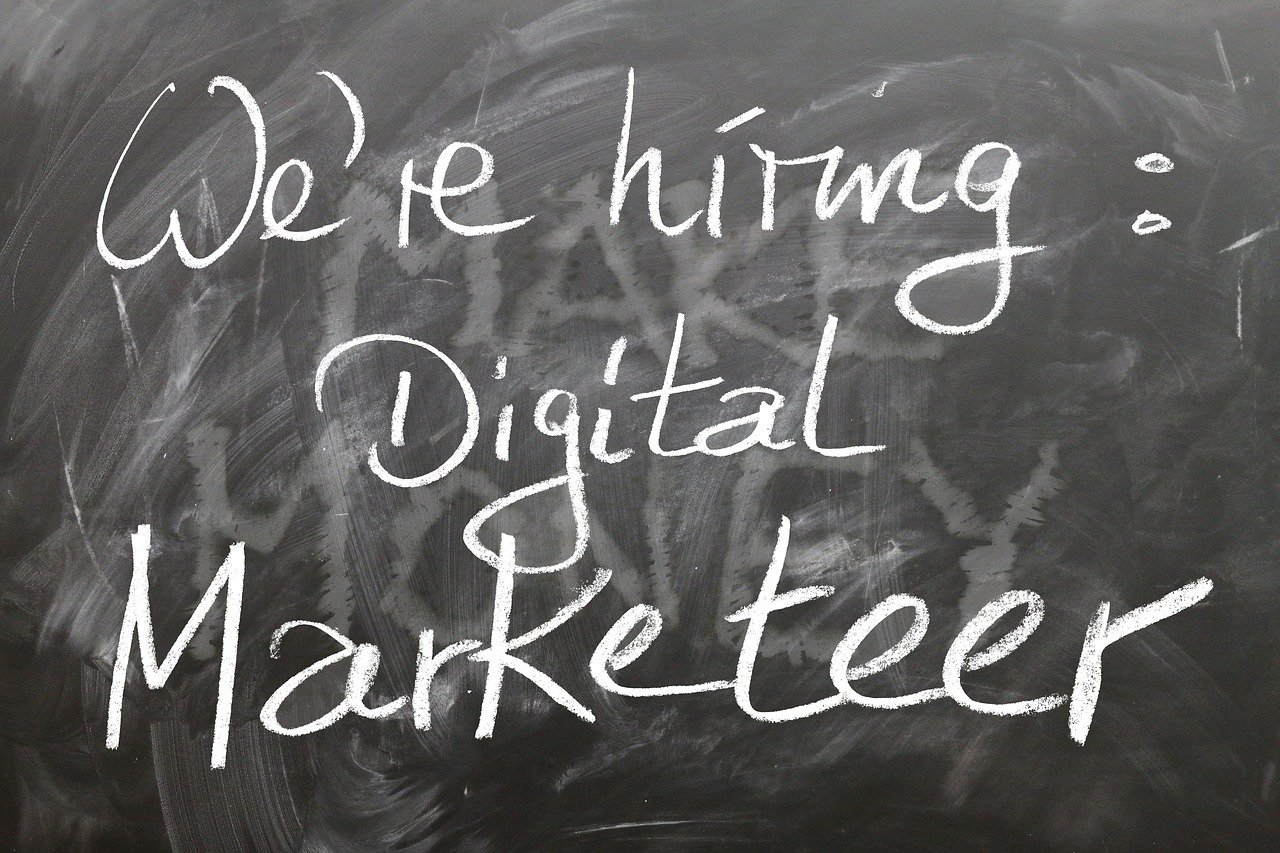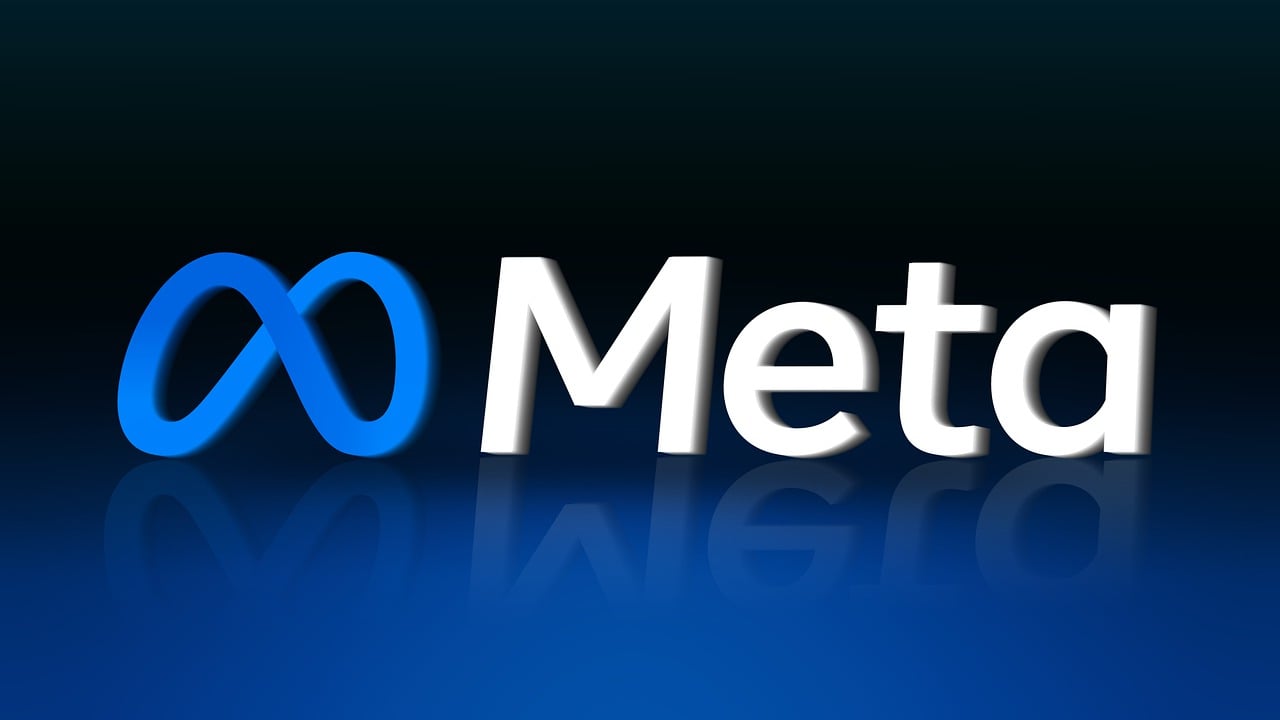Blockchain in Government: Enhancing Transparency and Privacy Challenges in Public Sector Applications

Brief news summary
Blockchain technology, originally linked to cryptocurrencies, is now being adopted by governments worldwide due to its decentralized and tamper-proof ledger that promotes transparency and collaboration. It creates an immutable "single view of the truth," reducing fraud and errors in fields like asset management, identity verification, and social benefits distribution. In the U.S., states such as California and West Virginia, along with cities like Austin and Baltimore, are exploring blockchain for digital IDs, voting, property records, and social services. Globally, countries including Estonia, Dubai, and Sierra Leone use blockchain to enhance digital governance and election security. Challenges remain, such as adapting legal frameworks to balance blockchain’s permanent data storage with privacy laws, and ensuring equitable digital access. Success hinges on strong public-private partnerships, clear regulations, and inclusive designs that protect citizen data while modernizing services.Blockchain is frequently associated with cryptocurrencies, often evoking images of “crypto bros” or unstable markets. Although the current administration supports crypto, it has yet to offer clear consumer regulatory protections. Beyond cryptocurrencies, decentralized finance tools like blockchain are attracting attention for public sector applications. However, blockchain’s deployment raises data privacy issues that will necessitate regulatory oversight and compliance as its use expands. What is blockchain? Blockchain is a decentralized digital ledger that securely records transactions across a distributed network of computers. It functions similarly to version histories in shared documents: all participants can view, comment, and edit the record, with every change documented. This structure makes blockchain generally tamper-resistant while remaining collaborative, leading many to view it as the safest and most transparent decentralized digital framework. Such features appeal to government agencies managing property titles, identity issuance, public benefit tracking, and more. Blockchain’s decentralized ledger offers “a single view of the truth, ” eliminating discrepancies from multiple ledgers and providing an “immutable, tamper-proof” record. This reduces risks of tampering, fraud, or administrative errors common in traditional government databases. Its secure, transparent nature could also help restore public trust in critical processes like elections and asset management. Yet, data privacy concerns linger, especially regarding data that can be linked or deanonymized through blockchain. Blockchain in state and local governments At least 19 U. S. states have formed official groups to explore blockchain’s potential. For example, California’s Blockchain Working Group, established in 2019, assessed blockchain’s uses, risks, and benefits, recommending adoption particularly for credentials and record-keeping. California’s Department of Motor Vehicles now uses blockchain to digitize 42 million car titles to detect fraud, showing statewide openness to the technology. Sutter County uses blockchain for issuing birth and death records, enhancing efficiency, reducing costs, and improving user experience. Other municipalities have launched blockchain initiatives. In 2018, West Virginia piloted a blockchain-based voting app to improve absentee voting access for military members and families abroad by recording votes anonymously and instantly on blockchain, overcoming mailing delays.
Austin, Texas, explored a blockchain system to securely store IDs for homeless individuals, aiming to replace paper records with encrypted electronic ones and enable mobile verification. However, privacy and equity concerns prompted caution before widespread deployment. More recently, Baltimore implemented blockchain to monitor over 15, 000 vacant houses, tracking more than 200, 000 property land titles and valuations, simplifying permit management, and streamlining vacant property transactions. International implementations Blockchain adoption extends beyond the U. S. Sierra Leone became the first country to use blockchain in national elections in 2018, aiming to enhance legitimacy and reduce post-election disputes. Similarly, Dubai and Georgia deployed blockchain systems for land title and property transaction registration. Estonia has integrated blockchain deeply into government operations via its digital platform e-Estonia, earning it the reputation as the world’s most digitally advanced society. Citizens use blockchain-enabled mobile IDs instead of multiple physical cards. Estonia employs blockchain to maintain data integrity and grant residents secure, convenient access to public services. Privacy protection needs U. S. municipal pilots—from Austin to Sutter County—show how blockchain can tackle public administration challenges, though these efforts remain limited compared to Estonia’s wide-ranging approach. Broader adoption could enable portable digital identities, statewide registries, licensing and compliance tracking, and secure voting for citizens abroad. Scaling these benefits requires updated legal frameworks, public-private partnerships, and careful attention to digital equity and privacy. Without regulatory clarity, expanding local projects faces legal uncertainties across jurisdictions. Blockchain’s immutability, crucial for security, conflicts with privacy laws that mandate data deletion rights. Currently lacking a national data privacy standard, individually linked data may be over-collected, deanonymized, or targeted in cyberattacks exploiting government blockchain use. Furthermore, digital ID and licensing systems risk exacerbating inequalities if communities lack internet access or devices. Millions of “digitally invisible” people may be excluded as government services move online. As governments modernize infrastructure with blockchain, prioritizing equitable design and inclusive implementation is essential to ensure the technology benefits the public good.
Watch video about
Blockchain in Government: Enhancing Transparency and Privacy Challenges in Public Sector Applications
Try our premium solution and start getting clients — at no cost to you

I'm your Content Creator.
Let’s make a post or video and publish it on any social media — ready?
Hot news

I work in tech sales and use AI every day — but I…
This as-told-to essay is drawn from a conversation with Antoine Wade, a tech sales professional based in San Antonio.

Meta Platforms Announces $10 Billion Investment i…
Meta Platforms Inc.

HVLP Copper Foil Sees Demand Surge; China Acceler…
The global HVLP (Very Low Profile) copper foil market is experiencing significant growth this year, primarily driven by rising demand for AI servers.

The AI processor market explosion
Jon Peddie, founder and president of Jon Peddie Research, was the featured guest on DE 24/7 tech podcaster Kenneth Wong’s show, where he discussed the rapidly expanding AI processor industry and the daily fluctuations within this billion-dollar market.

AI and SEO: Understanding the Synergy Between Tec…
The evolving relationship between artificial intelligence (AI) and search engine optimization (SEO) is profoundly transforming the digital marketing landscape.

AI in Video Production: Streamlining Post-Product…
The post-production phase of video production is undergoing a major transformation with the growing adoption of artificial intelligence (AI) technologies.

Intel's Leadership Restructuring Amid AI Chip Mar…
Intel Corporation has initiated significant leadership changes and workforce reductions within its foundry operations as part of a broader corporate restructuring aimed at refocusing its business strategy to better address the rapidly evolving artificial intelligence (AI) market.
AI Company
Launch your AI-powered team to automate Marketing, Sales & Growth

and get clients on autopilot — from social media and search engines. No ads needed
Begin getting your first leads today








